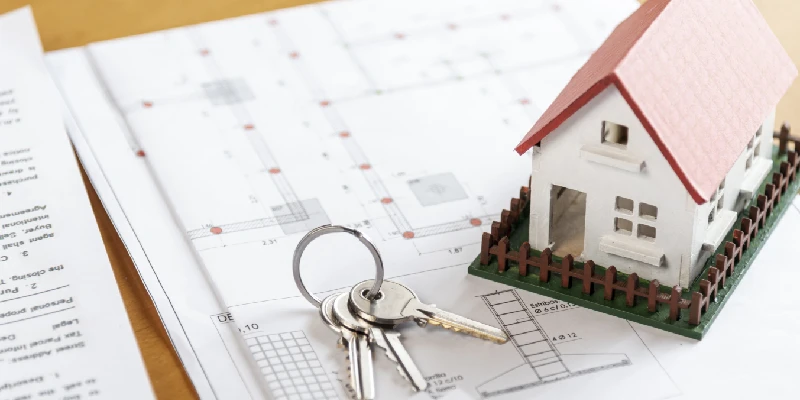
Blogs

Owning a home isn’t just a dream; it’s a lifelong aspiration, and we pour our hearts and soul into making this dream a reality. It is also worth the time and effort to secure a place we can truly call our own. However, for most of us, diving into the realm of property acquisition can seem rather overwhelming – especially if you’re a first-time homebuyer.
Amidst all that excitement, there’s a lot of jargon to decipher, multiple legal intricacies to navigate, and several property documents to cross-check and go through. To help you out, we have a list of property documents that you should keep in mind. Let us have a look.
The Agreement for Sale is a property document that contains the seller and buyer’s agreed terms and conditions before the sale deed is drafted. It indicates the property’s agreement value and the loan amount. This is because the loan for any resale property will be a percentage of the agreement value or market value – whichever is lower.
One of the most crucial property documents that record the actual transfer of ownership of the property is the sale deed or title deed. It serves as the documentation for the sale of property and transfer of ownership from the seller/developer to the buyer. Compulsory registration of the sale deed is necessary.
Before the transaction happens, all parties should sign the sale agreement, and the terms and conditions agreed upon by the seller and buyer should be thoroughly checked. Buyers should check for a clear title and whether the property in issue has any encumbrance charges before signing the sale deed. It must be registered with the sub-registrar’s office where the property is located.
The process of retrieving and checking papers relating to the history of a property that has been registered with the government is known as a property title search. It includes property descriptions, title holders’ names, joint tenancy, and other vital information. This is essential, particularly for home loan applications.
The Khata certificate is a revenue property document needed for purchasing a flat. It includes property details like size, location, and land information for tax purposes. This property document serves as identification required for housing loans, and also for electricity and water service applications.
Property tax receipts provide proof that the prior owner or occupant had paid all the due taxes, and nothing is outstanding. They also provide the property’s legal standing, making them crucial pieces of supporting property documents.
As per an encumbrance certificate, the property is free of all loans or encumbrances. This property document is vital if you are considering getting a loan from a bank as it contains information on all the transactions involving the property.
The municipal corporation issues an occupancy certificate following the construction of a building to confirm that it was built in accordance with a sanctioned plan and is ready for occupancy.
It is crucial to request the developer for copies of the many NOCs received from several departments, including the Sewage Board, Pollution Board, Environment Department, Traffic and Coordination Department, etc.
This is done to make sure that customers are wary of any developer deviations from the approved plan.
A Power of Attorney is a crucial real estate document as it empowers someone you trust to handle property transactions on your behalf. This is especially vital when you can’t be physically present due to distance or circumstances. It ensures seamless management of property-related tasks, safeguarding your interests and streamlining the process.
This is a legally binding agreement between the buyer and the builder that outlines the terms and conditions of the property development.
In the dynamic landscape of real estate, navigating the purchase of property demands a comprehensive understanding of the essential documents, especially in alignment with the RERA guidelines. At Mahindra Lifespaces, we recognize the significance of these documents in ensuring a transparent and secure transaction process.
As you embark on your property journey, armed with knowledge about these crucial documents, you’re not just making a purchase – you’re investing in a future brimming with possibilities. With RERA’s protective umbrella and our commitment to excellence, your dream home becomes not just a vision, but a tangible reality built on trust, compliance, and a shared vision of a brighter tomorrow.